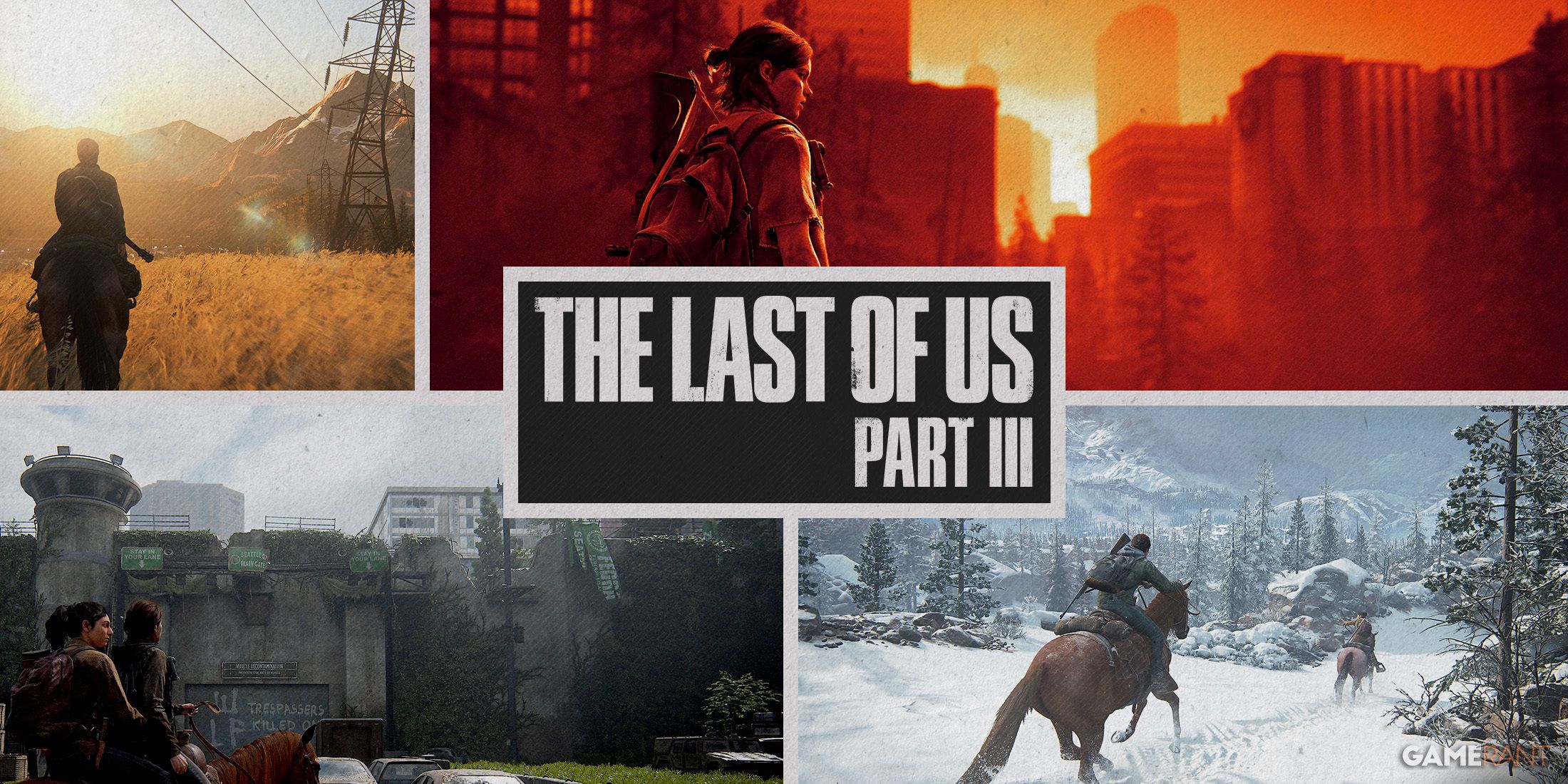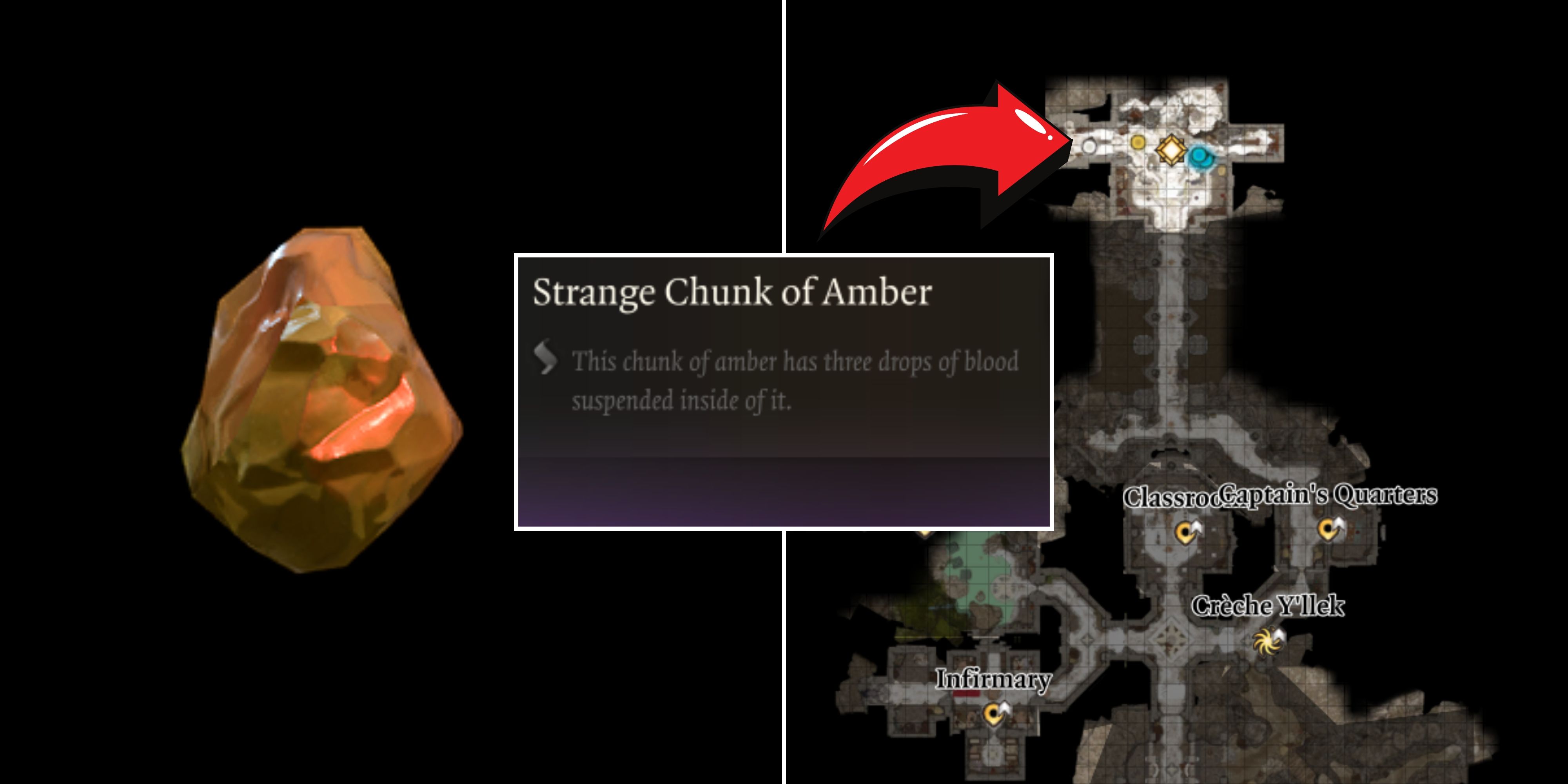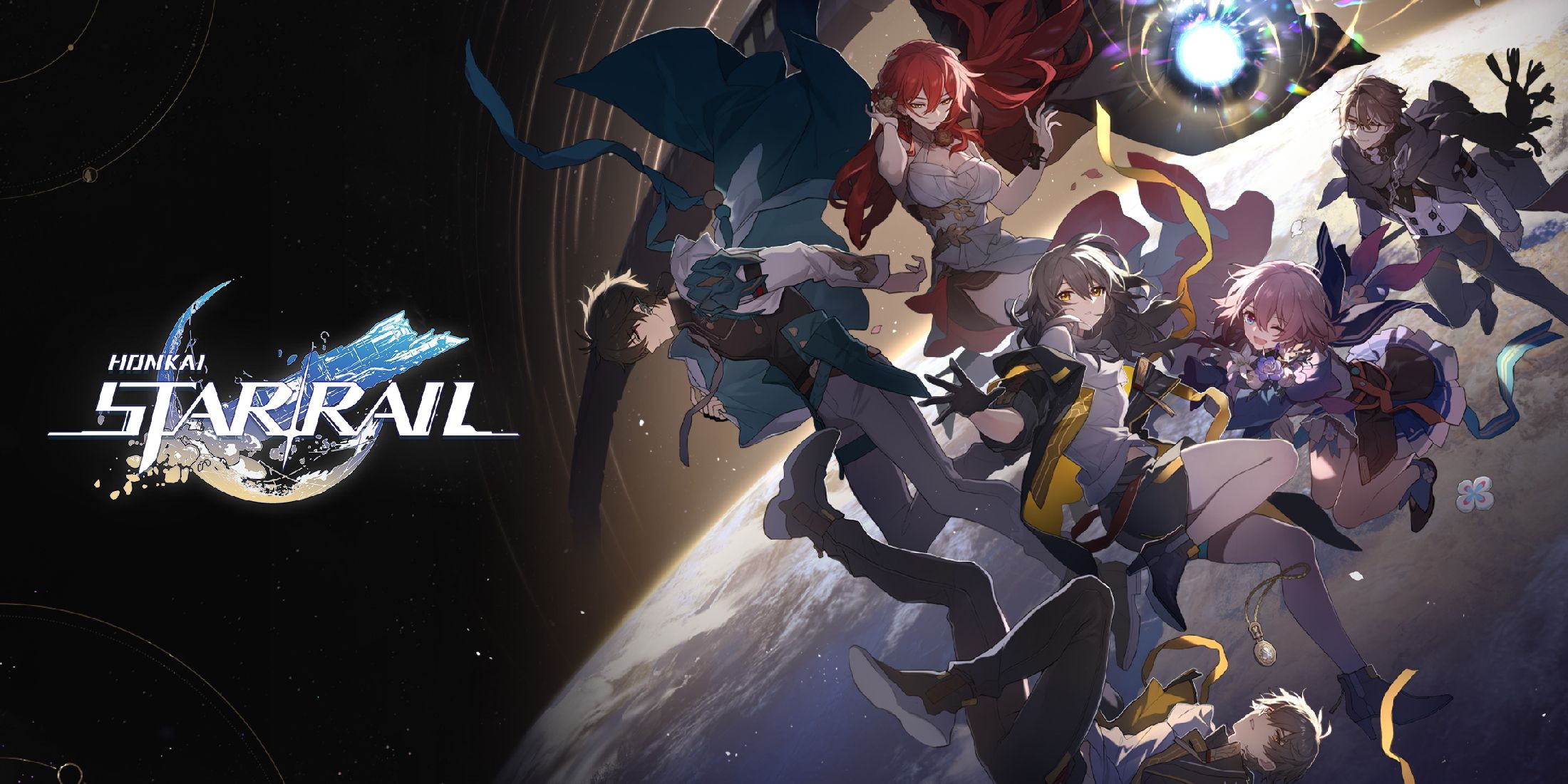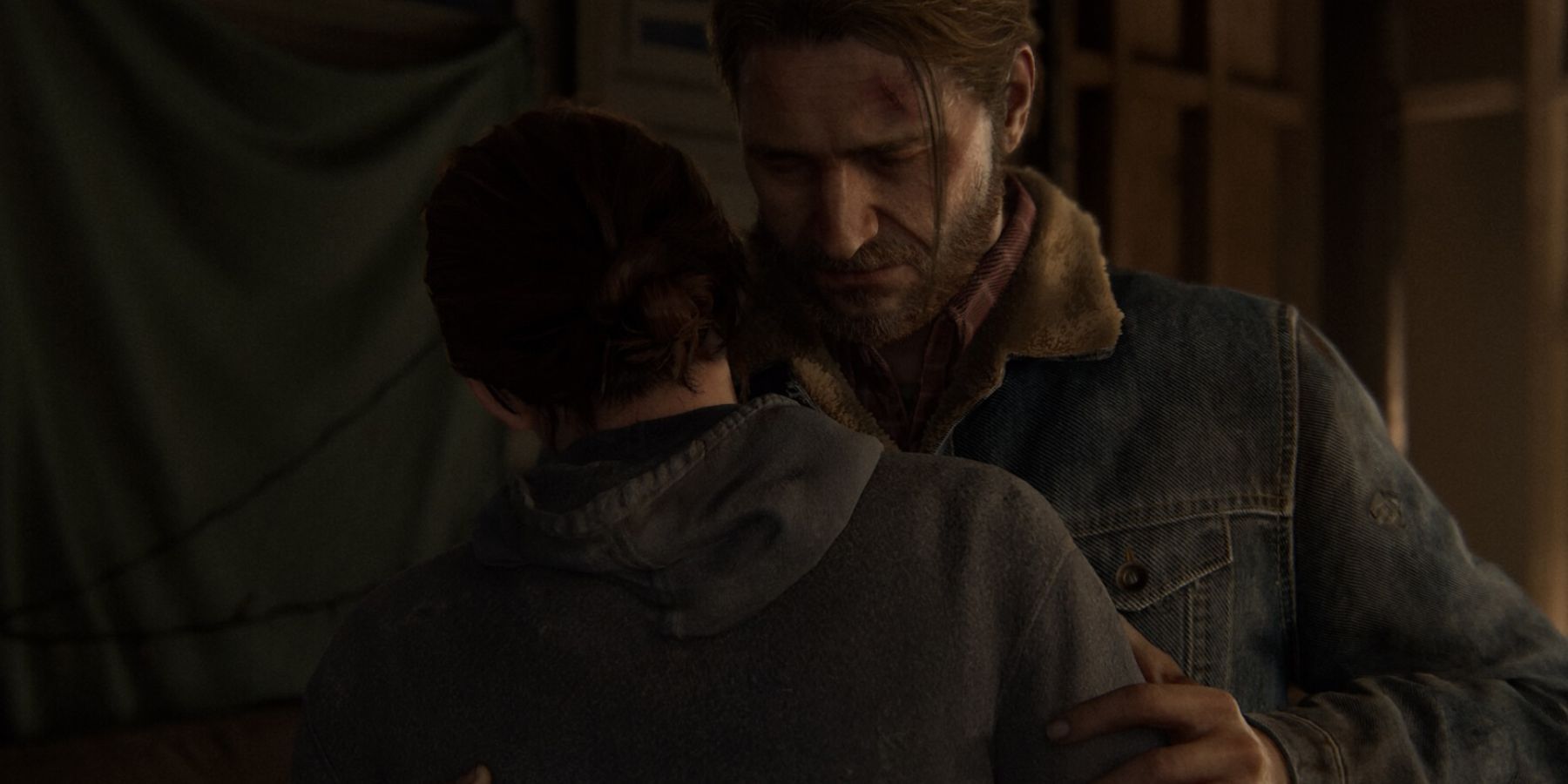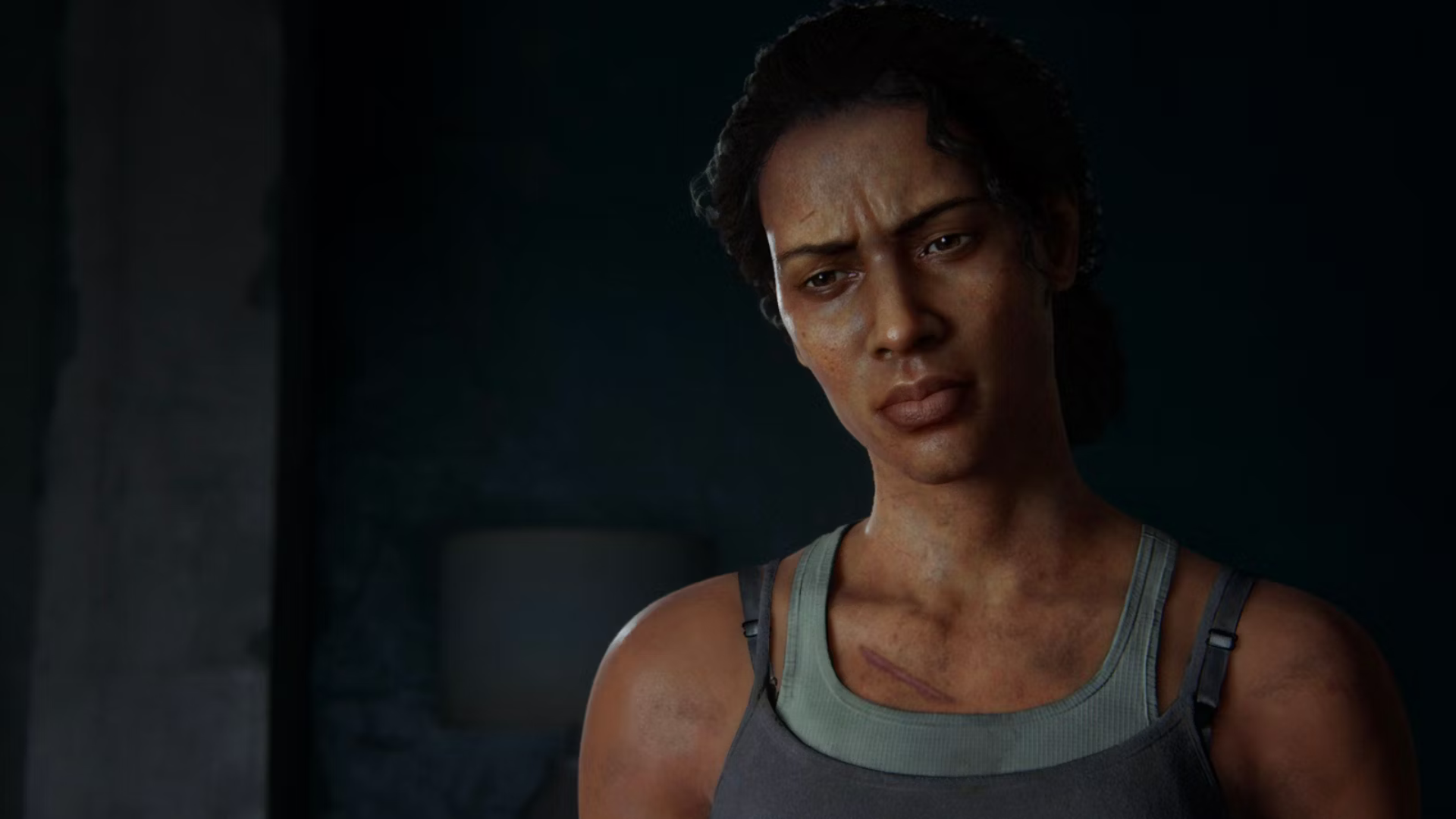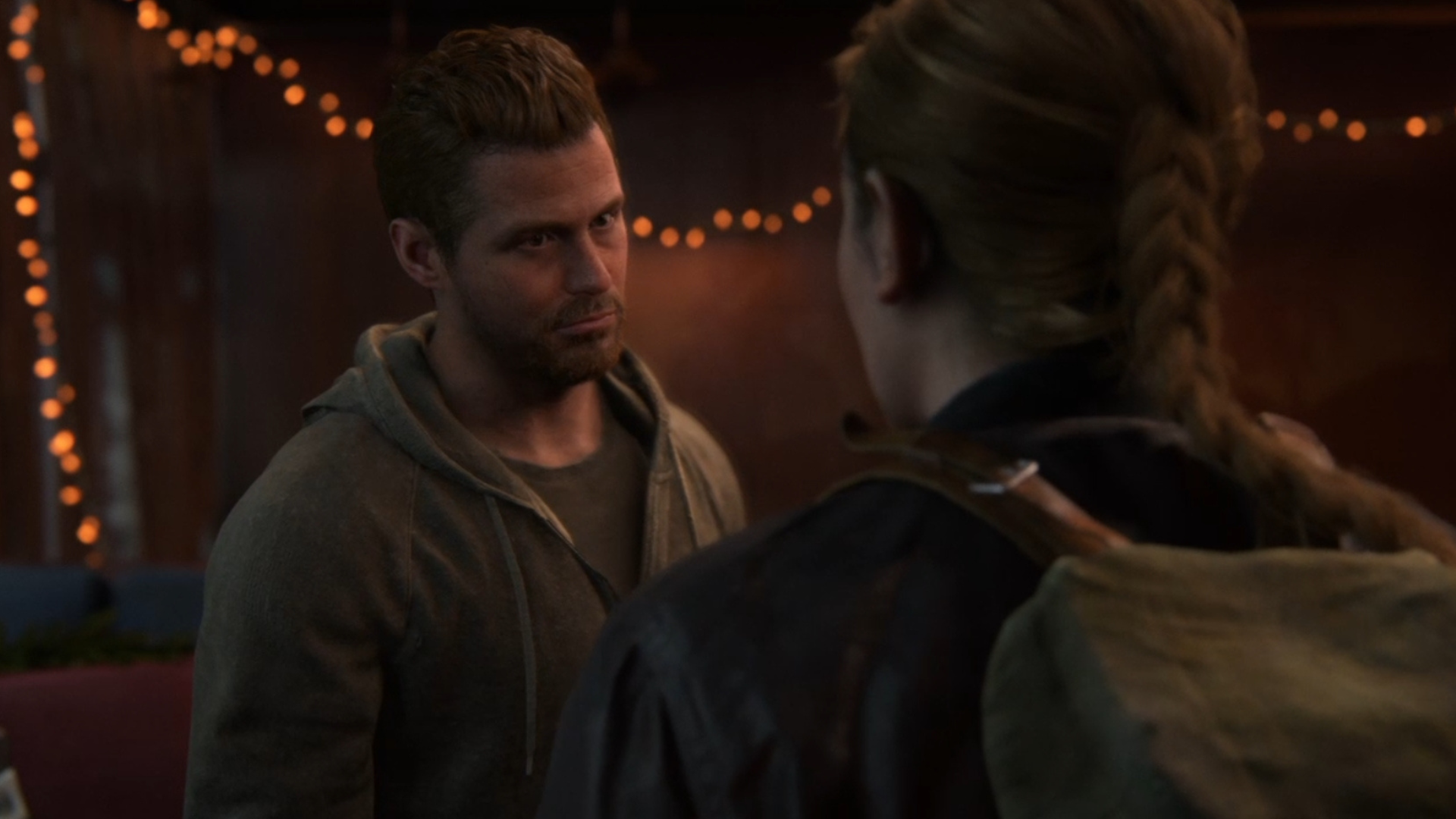Highlights
- Great characters in The Last of Us are morally complex and not necessarily likeable, but they are still well-written and contribute to the narrative.
- Joel and Ellie are seen as morally correct because players understand their choices, even if they are controversial.
- Owen Moore is a lesser character in the game, serving chiefly as a love interest and a plot device, and his presence is overshadowed by more dynamic characters.
Great characters are dynamic if not comprehensive, while weaker characters are static and have little to do with progressing a narrative. The Last of Us’ David is unnerving and detestable, for example, but that doesn’t make him a bad character. The Last of Us is particularly entertaining with this discourse in mind because hardly any of its characters are morally clean, having performed one or more heinous acts that would be reprehensible if not for the circumstances or perspectives fans understand, but those perspectives are left up to fans’ individual interpretations.
Joel and Ellie are widely seen as being morally correct in their decisions based on the player having spent the most time with them, and thus being able to comprehend why they made the choice they made. Not all choices made need to be agreeable, though, and even choices that rub fans the wrong way can contribute to why a character is considered great. Of course, it’s still up to fans to decide who they think is a great character or not and who they think is likeable or unlikeable, but one character stands out sorely amid The Last of Us’ rich tapestry: Owen Moore.
The Last of Us is Defined by a Wealth of Great Characters, Likeable or Not
The Last of Us’ greatest characters also happen to be its most controversial, and that complexity and nuance is precisely why they’re great. It’s important to make a distinction between characters being great and being likeable as the two are not mutually exclusive. Instead, great characters can be terrific because they evoke what a writer wanted them to from players, even if fans have found that to be emotionally manipulative in The Last of Us.
Naughty Dog wanting players to experience Joel’s death before having fans learn about Abby and understand her perspective was a bold choice, and some fans continue to argue that not seeing Abby’s perspective beforehand prevents them from caring enough to invest in her character afterward. But just because Abby wasn’t entirely likeable doesn’t mean she wasn’t well-written, and that goes for characters like Joel and Ellie who also committed controversial actions. Owen has some red in his ledger as well, and even if Abby seems to enjoy his company he definitely takes the cake as one of The Last of Us’ only truly underwhelming narrative diversions.
The Last of Us’ Owen Creates an Unnecessarily Chaotic Love Triangle
The Last of Us’ Owen isn’t even Abby’s primary emotional crux—that role belongs to her father, whose death incites her aspirational vengeance. Owen parallels Dina in how he is a love interest that helps to prompt their playable protagonist counterpart in certain directions, especially where Abby's concern for Lev may have come from. Otherwise, he’s a shoulder to cry on at an opportune moment and a pregnant Mel then gets to suffer as she watches Owen and Abby’s unsubtle rekindling.
Owen’s obviously egregious for that and therefore not necessarily empathetic for one reason or another, even if Ellie’s violence toward him and Mel is controversial itself. Owen did thwart Ellie and Tommy’s murders by stepping between them and his companions in the garage where Abby beat Joel to death, earning him a few brownie points, but that plot armor was going to be securely fashioned to at least Ellie regardless. Owen is somehow uncontroversial, maybe because he plays such a small and insignificant role when compared to Ellie and Abby and because the only memorable event he’s involved in is cheating on his pregnant girlfriend, which is comparatively less horrid than what some characters have done.
Mel’s pregnancy parallels Dina’s, too, and Ellie’s group mirroring Abby’s only makes Abby’s that much less interesting or engaging in comparison. So while Mel is largely employed as a figurative plot device, Owen is a middling figure in The Last of Us. In this case, Abby’s story could be far more interesting in a Part 3 now that she’s no longer anchored to Owen.

